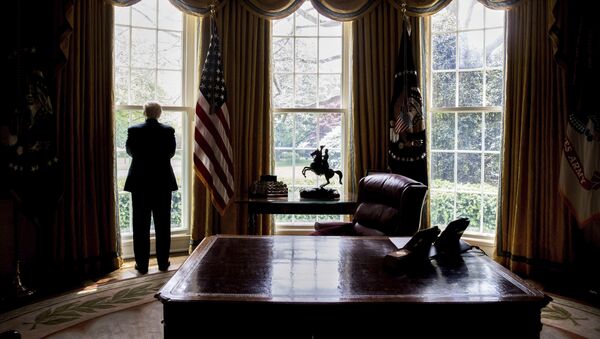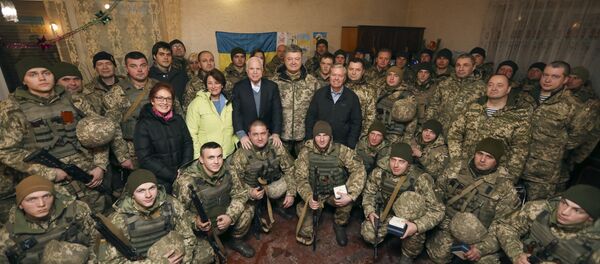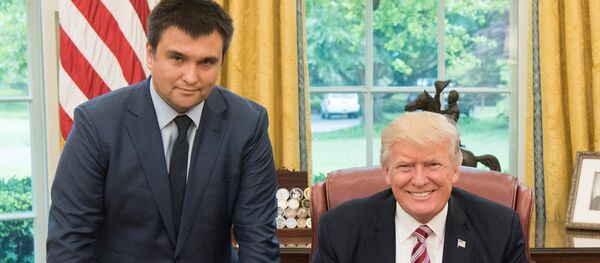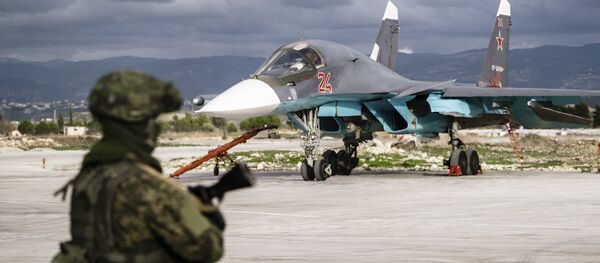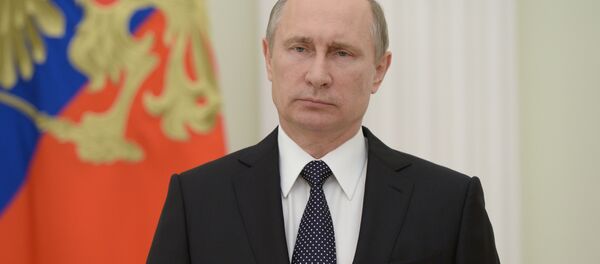On Sunday, the Washington Post reported that the White House wants to restart the Ukrainian peace process with the aim of improving relations with Moscow.
Citing US officials and outside experts, the newspaper explained that Washington is hoping that Ukraine could be the place where President Trump's "so-far thwarted plan to improve US-Russian relations can be kick-started."
"Although still in its early stages, Tillerson's idea is to restart a version of the peace negotiations that the Obama administration was engaged in last year, hoping that new circumstances and personalities might produce better results," the article said. Obama-era Assistant Secretary of State for Europe Victoria Nuland had conducted negotiations on Ukraine with Surkov last year, but is believed to have failed to make any real progress.
Ukraine has seen a civil war in its southeastern Donbass regions since April 2014, when Kiev sent troops, tanks and heavy artillery to attempt to quash protests which sprang up in dissatisfaction to the new authorities' following the February 2014 Maidan coup d'état. The subsequent war in Donbass has claimed the lives of over ten thousand people, displaced millions and led to a crisis in relations between Russia and the West.
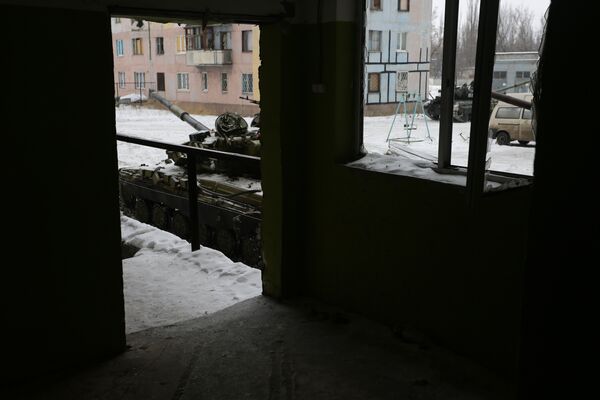
Ukrainian and Russian observers' reaction to the WP piece ranges from guarded to optimistic.
Bogdan Bezpalko, the deputy director of the Center for Ukrainian and Belarusian Studies at Moscow State University, told RIA Novosti that the Trump administration's plans are a sign of just how much Ukraine has moved into the periphery of US geopolitical considerations. The analyst believes that Washington could easily put sufficient pressure on Kiev to end the civil war in Donbass, and that the real question revolves around what they want in return.
"Everything is already prepared for a peaceful settlement in Ukraine," Bezpalko said. "The Minsk agreements exist, although Ukraine does not plan to comply with them, even though they pretend to do so. Therefore, all that's necessary is for the US to exert pressure on Kiev to start implementing Minsk, and the path to a peaceful settlement will be opened," he added.
The observer emphasized that for the Ukrainian president, and the entire Ukrainian ruling elite, Washington has immense authority; accordingly, achieving peace in the Donbass is possible if the pressure from Kiev's US patrons is serious enough.
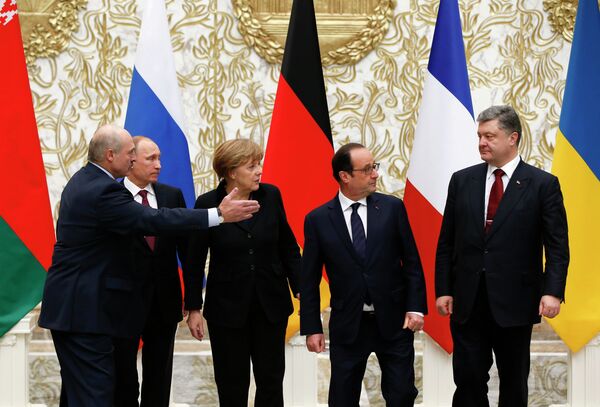
Bezpalko noted that it's plainly obvious that Ukraine is becoming a "peripheral territory" for American leaders. "The US is more interested in the Middle East and the Far East, on the possible confrontation with China, and the issue of global trade. Ukraine as a state cannot interest Washington solely as a tool with which to put pressure on Russia."
In Bezpalko's view, the Trump administration wants to turn Ukraine into a bargaining chip for negotiations with Moscow. "There are two areas where Russia and the US are trying to exert influence one another – Ukraine and Syria. Washington, [in exchange for a settlement in Ukraine] may demand the creation of an independent Kurdistan, might push for the disintegration of the Syrian state…they might require a shift in Russia's attitude toward a number of Syrian [militant] groups, they might demand consent to remove Assad from power. There are many options, but what is clear is that if a tradeoff does take place, Washington will demand significant concessions in Syria."
Speaking to Russia's Svobodnaya Pressa online newspaper, Shatov emphasized that "in this case, starting 'from scratch' would be a bad idea."
"It would mean crossing out everything that has been achieved so far, crossing out the Minsk agreements. Despite their seeming lack of progress, Minsk has actually showed its effectiveness. The agreements' main achievement has been the cessation of full-scale hostilities. It should be remembered that the Minsk agreements involve the Donetsk and Lugansk People's Republics. It's highly questionable whether in the current political climate, such an achievement by Russian diplomacy can be repeated."
In other words, Shatov warned that "starting from scratch would mean a resumption of the war, because the Donbass republics will not accept a situation where their views are not taking into account."
The analyst emphasized that unfortunately, "Trump's opponents are constantly narrowing the space he has for maneuver, forcing him to constantly prove that he is not a Russian agent; this creates a situation where it becomes impossible for him to make responsible decisions. Therefore, now, any negotiations whose results show even the whiff of any concessions to Russia will be viewed by Trump's opponents as a Russian conspiracy."
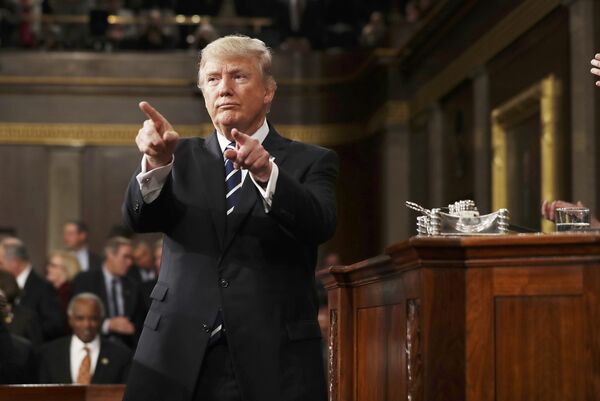
Ultimately, Shatov said that attitudes toward Ukraine in the US establishment are divided into two camps. Which of them comes out on top remains to be seen.
"Part [of the elite] is indifferent to Ukraine, and they are sooner opposed to US interference in the conflict, and to spending US taxpayer money to support a civil war across the ocean. This is the patriotic component of the US establishment, which advocates for a better life in the country," the expert explained.
"The other part is counting on Moscow getting bogged down in Ukraine, and seeing the Ukrainian crisis spread to Russia itself. These are the globalists who advocate a world without borders and nations, and for them our country is seen as a territory which has yet to be assimilated," Shatov concluded.
